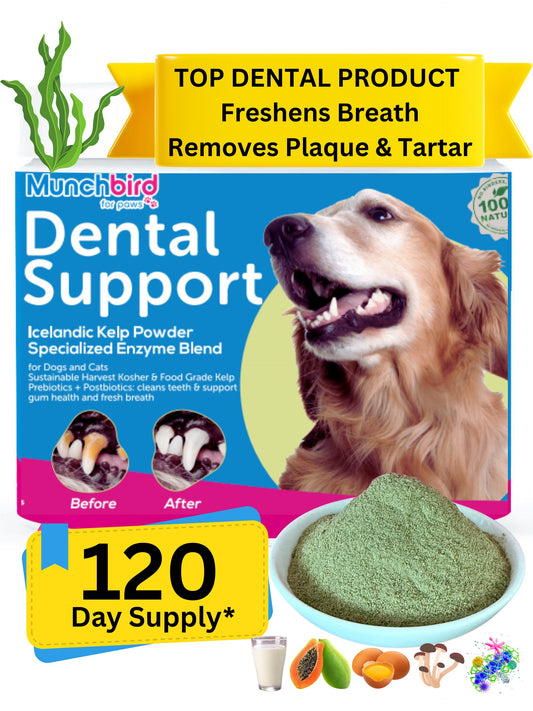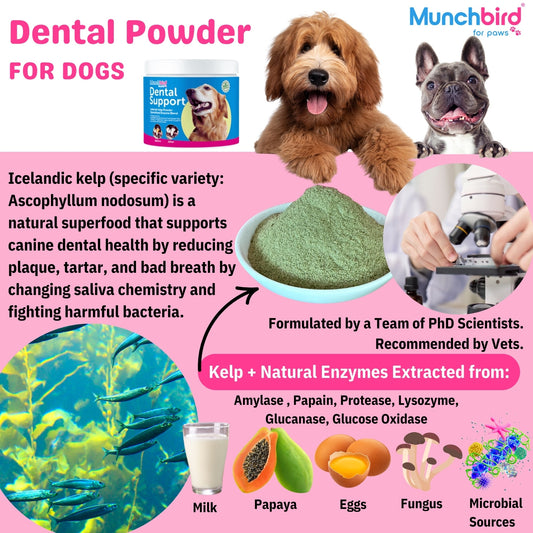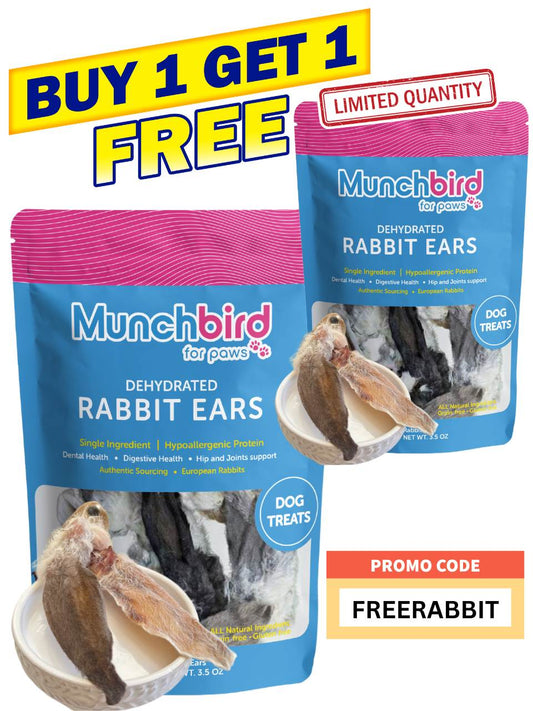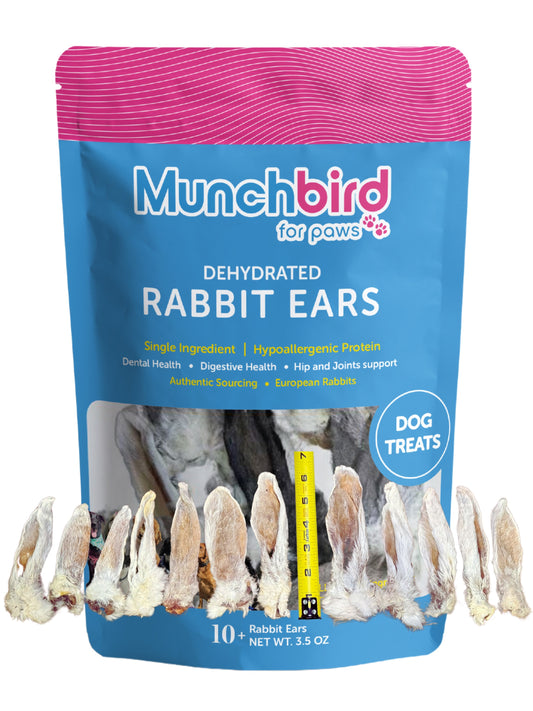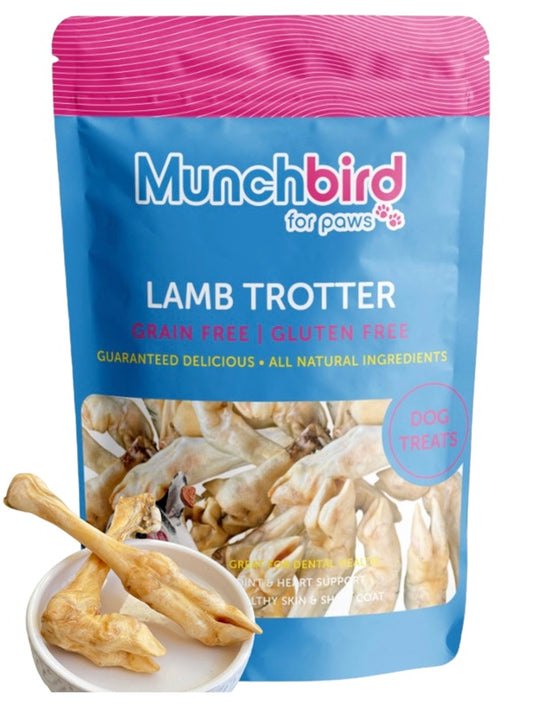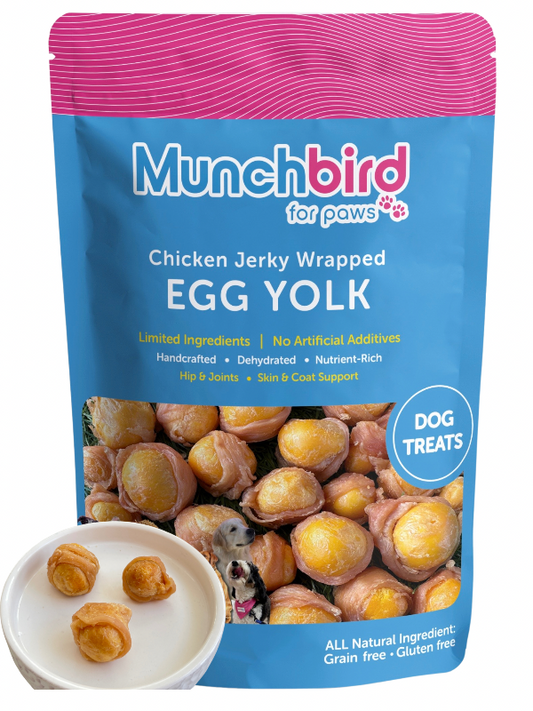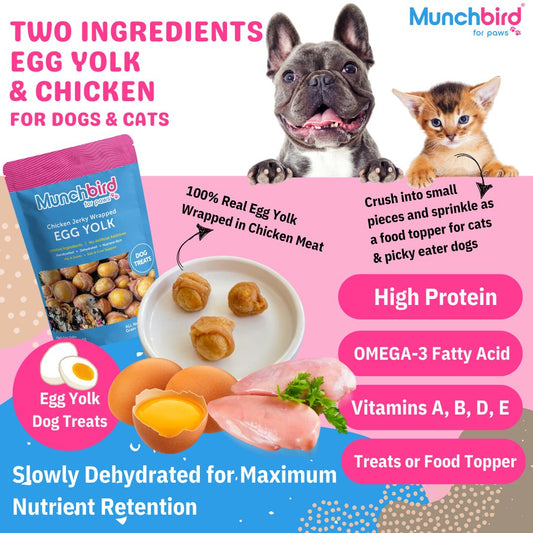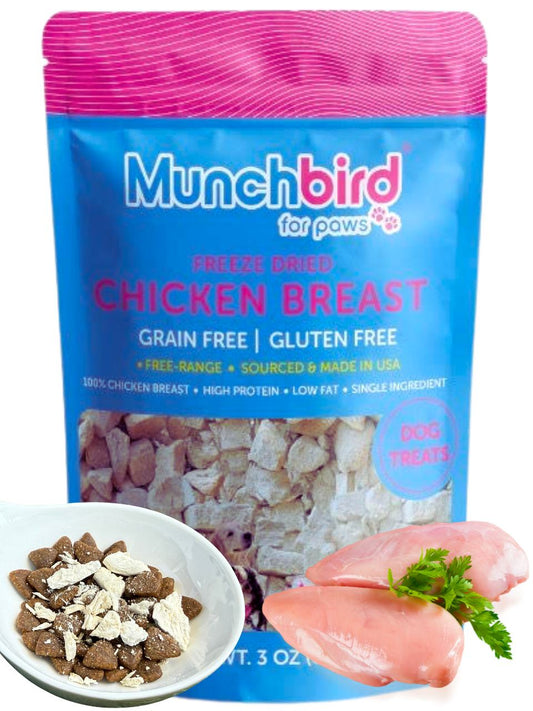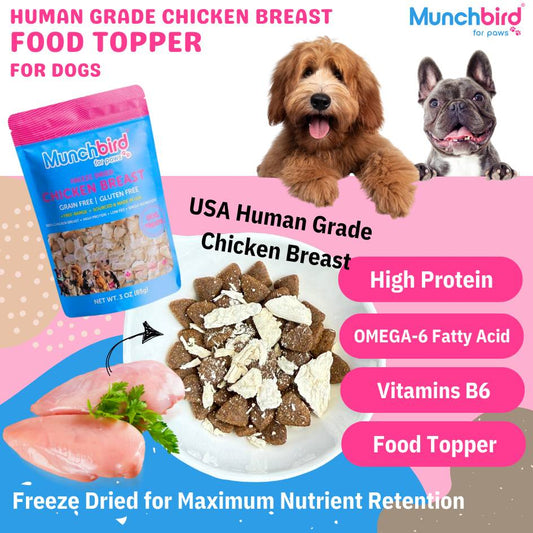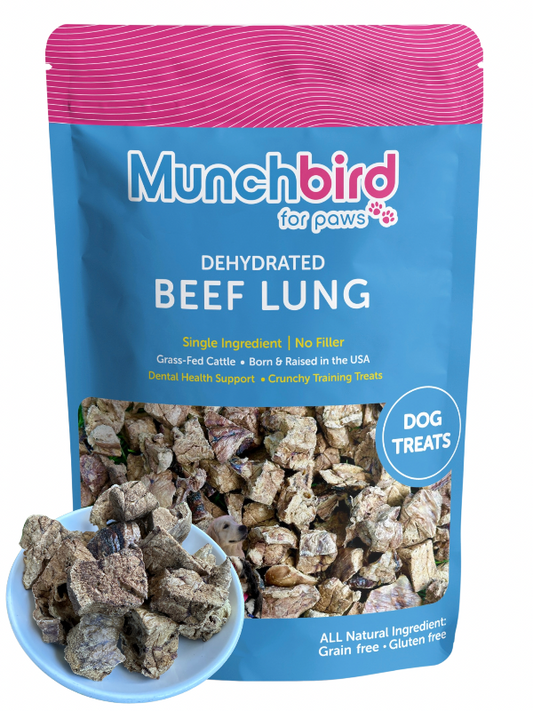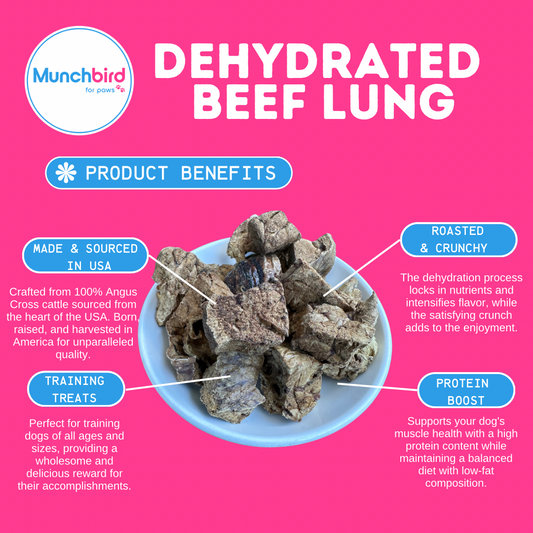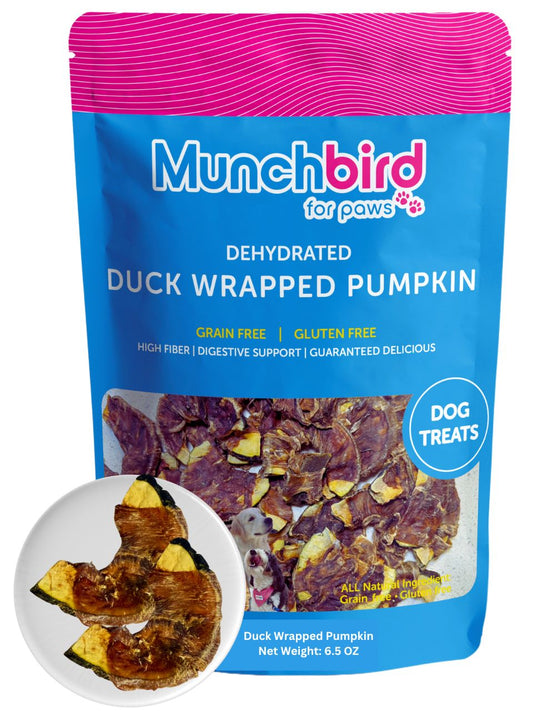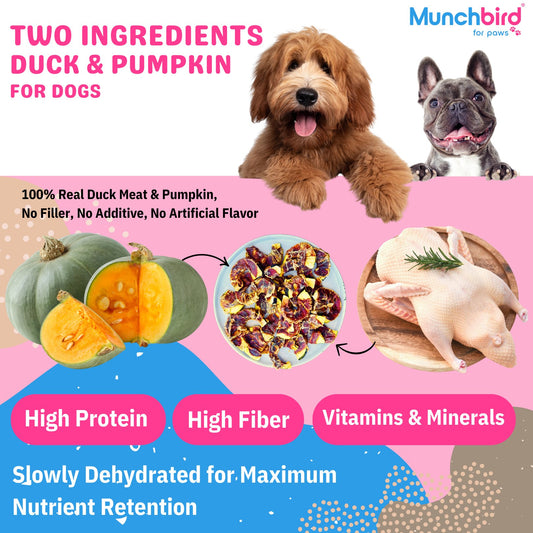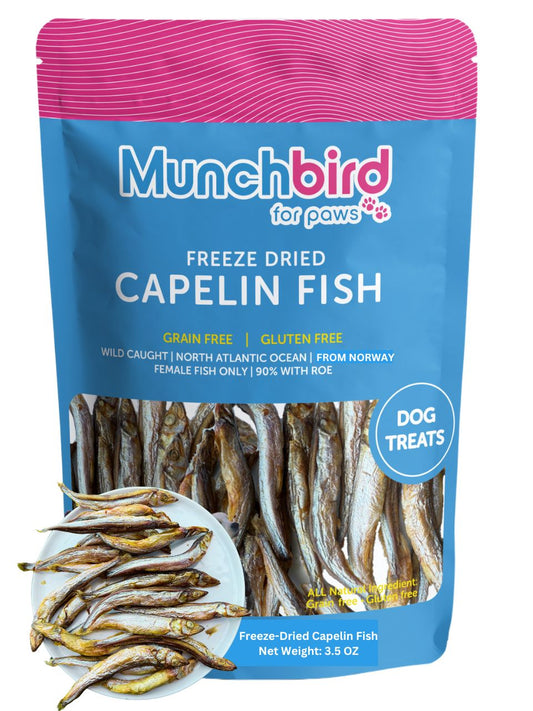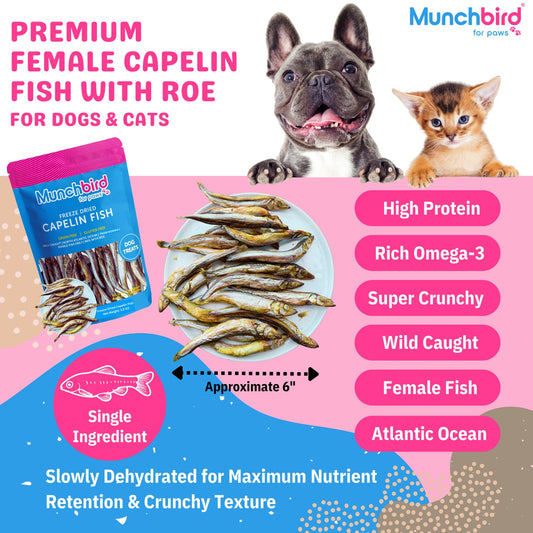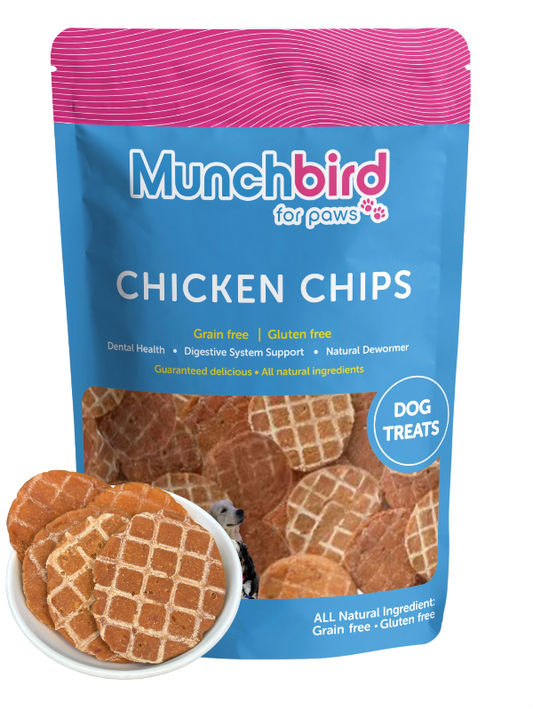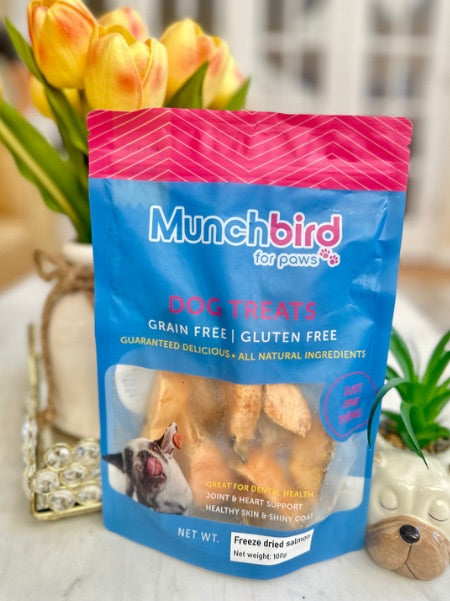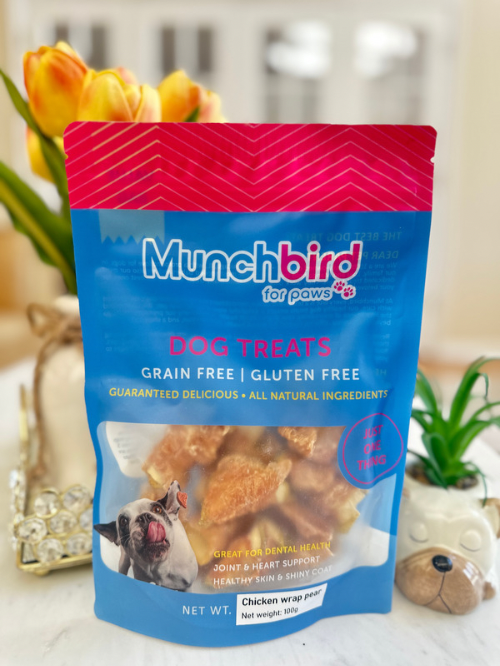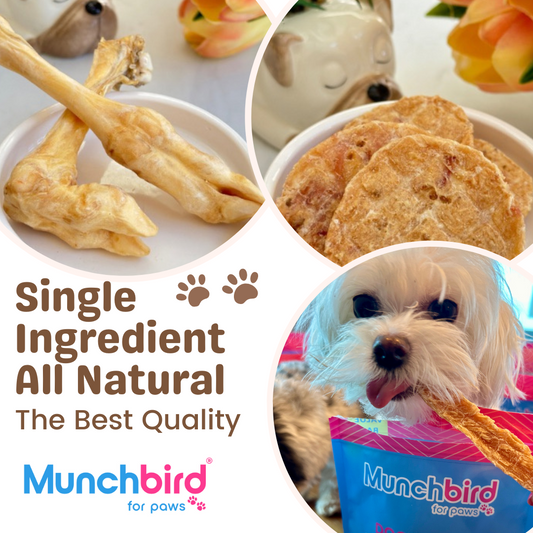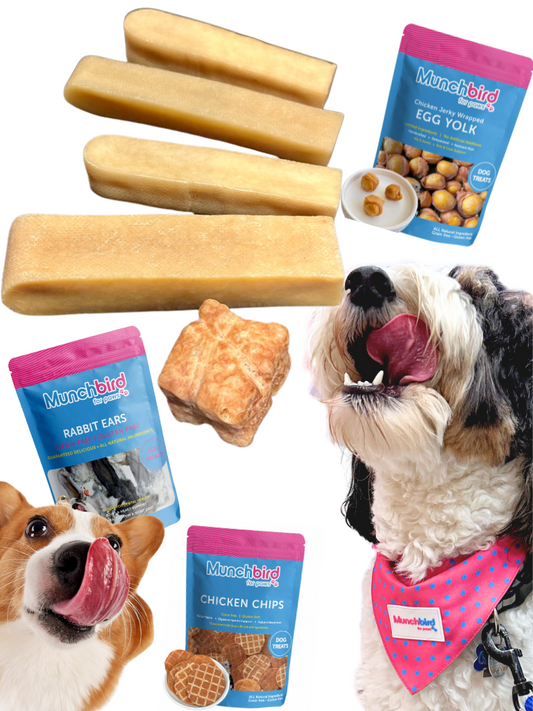Bringing a new puppy into your home is a joyful experience, but it comes with a significant responsibility: ensuring that your furry friend gets the best start in life through proper nutrition. Just like a well-balanced diet is vital for our health, it's equally essential for the health and growth of your puppy. In this blog, we will dive into the basics of puppy nutrition and provide you with essential insights on how to build a healthy diet for your canine companion.
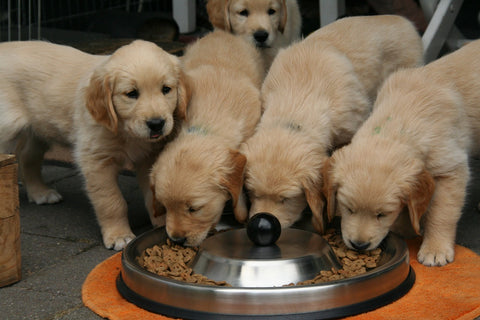
1. Choose the Right Puppy Food:
Selecting the right food for your puppy is the first and most crucial step in building a healthy diet. Look for high-quality puppy food that is specifically formulated to meet the nutritional needs of growing dogs. It's often labeled as "puppy formula" and is available in dry kibble, canned, and even raw options. Consult your veterinarian to find the best option for your puppy's breed and size.
2. Understand the Importance of Protein:
Protein is an essential component of your puppy's diet. It plays a crucial role in building and repairing tissues, supporting muscle growth, and maintaining a healthy immune system. Look for puppy food with a protein source listed as the primary ingredient, such as chicken, turkey, or beef.
3. Provide the Right Balance of Carbohydrates:
While puppies primarily need protein for growth, carbohydrates provide a steady source of energy. Complex carbohydrates like brown rice and sweet potatoes are excellent options. They also offer dietary fiber, which aids in digestion.
4. Don't Forget Healthy Fats:
Healthy fats are essential for your puppy's overall well-being. Fats provide energy, support brain development, and are vital for a shiny coat. Look for puppy food with fats derived from sources like fish oil or flaxseed oil, which are rich in Omega-3 and Omega-6 fatty acids.
5. Vitamins and Minerals:
Your puppy needs a variety of vitamins and minerals for healthy growth. This includes vitamin A for vision, vitamin D for bone development, and calcium for strong bones. Ensure that your puppy's food contains a balanced mix of these essential nutrients.
6. Avoid Overfeeding:
Overfeeding can lead to obesity in puppies, which can have long-term health consequences. Follow the recommended feeding guidelines on your puppy food packaging, and consult your veterinarian to determine the appropriate portion size for your puppy based on their age and activity level.
7. Fresh Water:
Always provide your puppy with access to fresh, clean water. Hydration is crucial for their overall well-being.

Conclusion:
Ensuring that your puppy enjoys a healthy diet is one of the best ways to set them on the path to a long and happy life. By choosing the right puppy food, understanding the importance of key nutrients, and following feeding guidelines, you're making a significant investment in your puppy's health and well-being. Remember, consult with your veterinarian for personalized guidance to address any breed-specific needs or health considerations. With the right nutrition, your furry friend will thrive, and you'll both enjoy many happy years together.
Other Topics to Explore:
| Chicken Liver Treat vs. Beef Liver Treat: Which Is Better for Your Pup? | https://www.munchbird.com/blogs/dog-treats/are-salmon-dog-treats-good-unveiling-the-benefits-and-considerations |
| Are freeze dried liver treats bad for dogs? | https://www.munchbird.com/blogs/dog-treats/are-freeze-dried-liver-treats-bad-for-dogs |
| Are Salmon Dog Treats Good? Unveiling the Benefits and Considerations | https://www.munchbird.com/blogs/dog-treats/chicken-liver-treat-vs-beef-liver-treat-which-is-better-for-your-pup |
| Is Liver Treat Good for Dogs? Unveiling the Nutritional Benefits and Considerations | https://www.munchbird.com/blogs/dog-treats/is-liver-treat-good-for-dogs-unveiling-the-nutritional-benefits-and-considerations |

